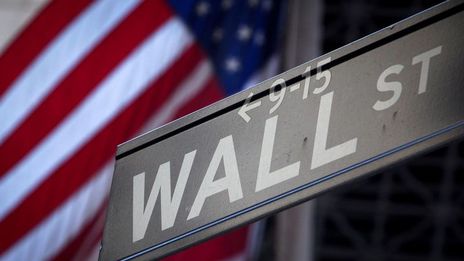Cutting CO2 emissions
KLM wants to cut its CO2 emissions 20% per passenger by 2020 (compared to 2011). To achieve this KLM has been investing not only in sustainable biofuels, but also in new aircraft and more efficient flight operations. Using sustainable biofuels on a large scale can lead to an 80% cut in CO2 emissions, compared with fossil fuels. However, the price is still two or three times higher than that of regular kerosene. This is why there is a global need for technological developments and more research into sustainable raw materials, because the production and market for biofuels is still limited.
KLM has been actively working to develop a market for biofuels since 2009 and has tried to encourage other airlines to follow our example. Other partners in the Corporate BioFuel Programme are: Delft University of Technology, ABN AMRO, Accenture, FrieslandCampina, City of Amsterdam, Loyens & Loeff, Ministry of Infrastructure & Water Management, PGGM, and the Schiphol Group.
No negative impact on biodiversity
KLM only buys biofuels that have been produced from raw materials that do not have a negative impact on biodiversity and/or food production. This sustainable fuel is sourced through SkyNRG and is assessed by the SkyNRG Sustainability Board, whose members include WWF International, the European Climate Foundation and Solidaridad Network. SkyNRG is certified by the Roundtable of Sustainable Biomaterials (RSB).
KLM - Koninklijke Luchtvaart Maatschappij NV published this content on 22 January 2018 and is solely responsible for the information contained herein.
Distributed by Public, unedited and unaltered, on 22 January 2018 15:24:07 UTC.
Original documenthttp://news.klm.com/air-traffic-control-the-netherlands-becomes-klms-latest-biofuel-partner/
Public permalinkhttp://www.publicnow.com/view/8123205F9703F9A58513A68746DA3BD1D39DC554


























